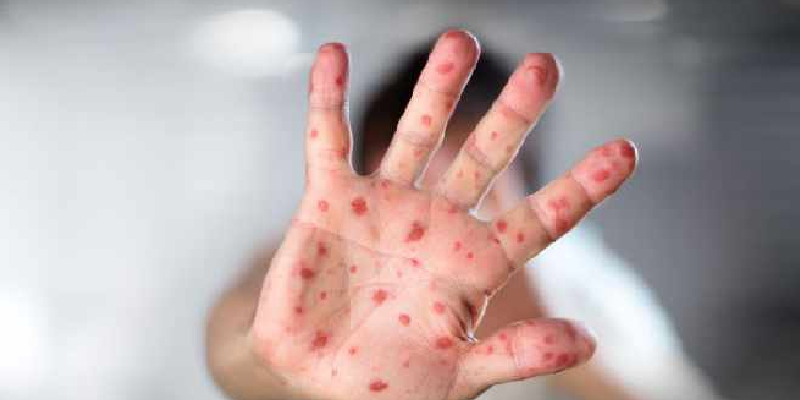
Global measles cases has surged by 20 per cent in 2023, with an estimated 10.3 million infections reported, data from the World Health Organisation (WHO) and the U.S. Centres for Disease Control and Prevention (CDC) have revealed.
Inadequate immunisation coverage remains the primary driver of the increase.
Measles, one of the world’s most contagious diseases, is preventable through a two-dose vaccine regimen. However, over 22 million children missed their first vaccine dose in 2023. While 83 per cent of children worldwide received the first dose, only 74 per cent completed the recommended second dose, far below the 95 per cent coverage required to prevent outbreaks.
WHO director-general, Dr. Tedros Ghebreyesus emphasised the vaccine’s life-saving impact: “Measles vaccine has saved more lives than any other vaccine in the past 50 years. To save even more lives, we must invest in immunisation for every person, regardless of where they live.”
The CDC reported that 57 countries experienced large measles outbreaks in 2023, a 60 per cent increase from 2022. Nearly half occurred in Africa, where vaccination gaps remain significant. Other affected regions include the Eastern Mediterranean, southeast Asia and Europe.
Despite an 8 per cent decline in measles-related deaths in 2023, the disease claimed an estimated 107,500 lives, mostly children under five. Improved nutrition and healthcare access in some regions contributed to the reduction in fatalities, but measles continues to cause severe complications, including blindness, pneumonia and encephalitis.
Efforts to meet the Immunisation Agenda 2030 goal of measles elimination are now under threat. WHO reported that 82 countries had achieved or maintained measles elimination by the end of 2023. Brazil recently revalidated its measles-free status, marking progress in the Americas, but Africa remains the most affected.
Targeted interventions are critical to closing immunisation gaps. This includes high-quality vaccination campaigns and strengthening surveillance systems like the Global Measles Rubella Laboratory Network (GMRLN) to detect and respond to outbreaks swiftly.
Countries must prioritise routine immunisation programmes to protect vulnerable populations. Ghebreyesus reiterated that robust global collaboration is essential to preventing measles outbreaks and mitigating their impact on public health.

